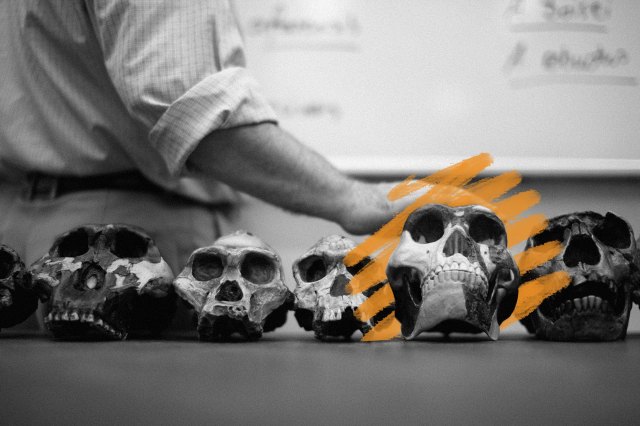| The first humans in the same genus as Homo sapiens were Homo habilis, Homo rudolfensis, and Homo erectus, and evidence suggests they coexisted in East Africa some 1.9 million years ago. This kind of cohabitation was a familiar fixture of human evolution. When Homo sapiens first appeared around 300,000 years ago, our ancestors lived among many other now-extinct human cousins. Modern humans famously fraternized with Neanderthals, Denisovans, and other populations. Homo sapiens also shared the planet with lesser-known species such as Homo floresiensis, Homo naledi, Homo luzonensis, and the straggling survivors of Homo erectus. But because some of these groups lived in remote communities, it's possible that modern humans never even laid eyes on them. Scientists theorize that our ancestors wiped out many of these human species (Neanderthals were the last to fall, beginning to go extinct around 40,000 years ago) by demonstrating superior strategizing and cooperation skills. Our ancestors' social intelligence helped them rise to the top of the food chain, and the population grew exponentially. Today, modern humans stand alone in the genus Homo, but we only have ourselves to blame. |















0 comments:
Post a Comment